- Hours of Operation: Monday to Friday 9:30 am – 6:00 pm
It is typical for there to be instances where a right has been violated in a company with shareholders. While not all shareholder companies will experience problems, there is a chance that they will, nonetheless. It would be best if you weren’t one of the many people who don’t know what to do or how to proceed when there is a shareholder dispute. This is why having a shareholder’s agreement is crucial for everyone considering buying a company’s stock.
A shareholder’s agreement is a contract that is legally enforceable between an organization’s shareholders.
Along with the rights of the shareholders in the company, its objective is to set forth how the firm operates. The stockholders’ obligation is also included in this. In addition to dictating what you should and should not do as a shareholder, having a shareholder’s agreement in place in an organization has many advantages for you as a shareholder.
You must understand what an action is and how to approach it effectively to represent a shareholder in a shareholder dispute. Our lawyers at Luthra Law are not only knowledgeable; they have also handled litigation on both the plaintiff’s and defendant’s sides, representing several shareholders. We ensure that this leaves no negative impact on your business as we handle each issue with professionalism and skill.


Types of actions
There are corporations where one of the shareholders is mistreated; when this occurs, it is only appropriate that such a person seeks an oppression remedy. Also, during this process, it is likely for the court to order that the corporation takes action, or they can be ordered not to take any action; this may be to protect the shareholder.
There is such a thing as derivation action; this can occur when there is a case where the board of directors of an organization has decided not to take any action, the shareholder who was unfairly treated or a third party is allowed to apply to the court to represent the corporation in action. If the court permits the derivation action, the shareholder or third party can represent the organization in the case. This then allows the shareholder to seek remedies available according to the law.
If you are a party to a shareholder’s agreement and it seems there has been a breach, you can seek damages by suing on the contract or an injunction preventing this breach.
All of these mentioned above are basic examples of disputes between shareholders. Irrespective of this, we at Luthra law understand the uniqueness of every case, and as such, we are equipped with the proper knowledge to help you take the right course of action that is most appropriate for your case.
As a business owner, knowing your rights inside the company and among your shareholders is vital and having a solid plan to support or defend them. By working with Luthra Law, you offer us the opportunity to help you create these tactics.
